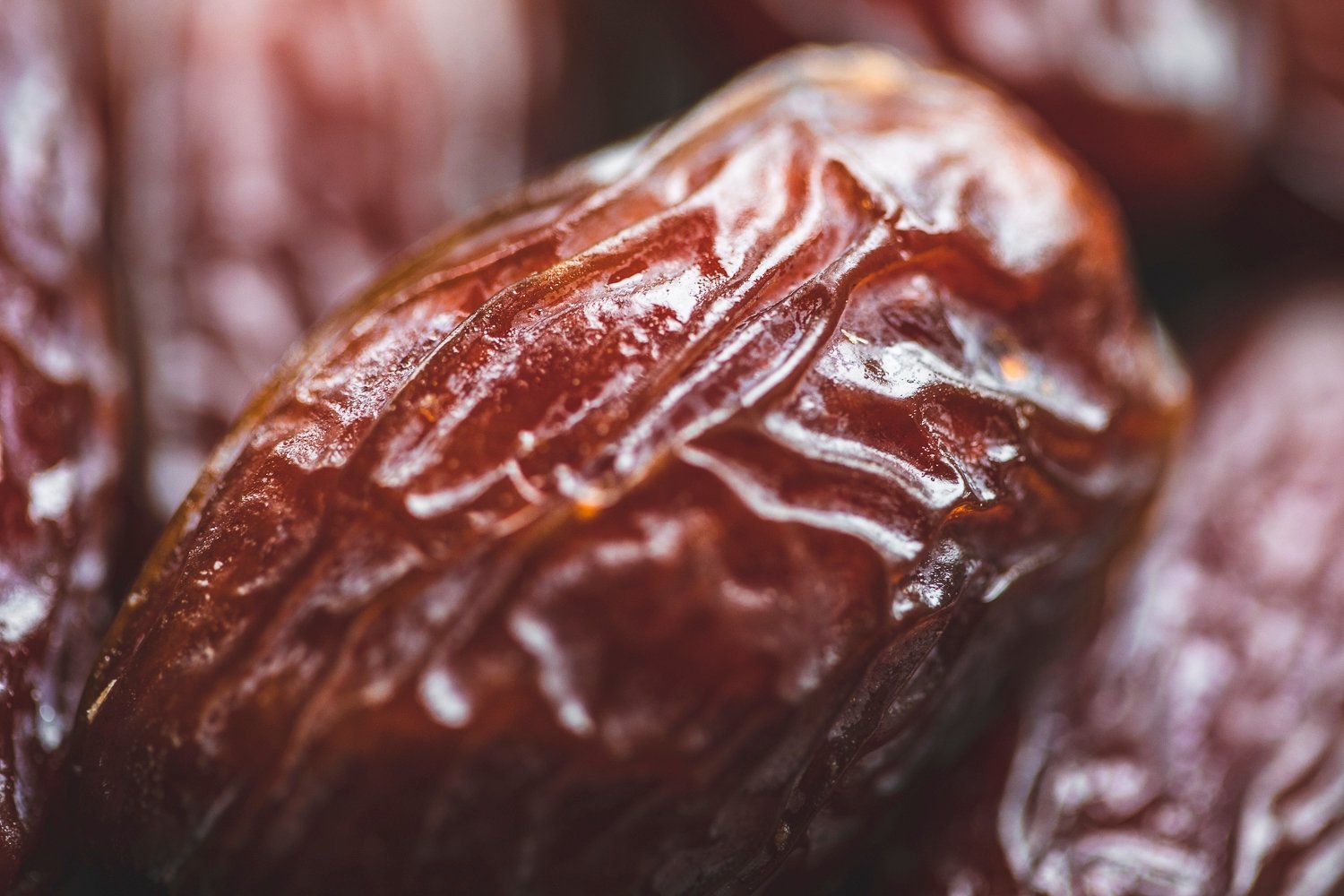
Malaysia’s Date Network: Pembekal Kurma
Dates, with their delightful sweetness and packed nutrition, have become a staple in many Malaysian households. To fulfill this growing demand, a network of pembekal kurma, meaning “date suppliers” in Malay, has established itself throughout the country. These suppliers encompass a wider range than just wholesalers, acting as the bridge between international date producers and Malaysian consumers. This blog post delves into the world of date suppliers in Malaysia, exploring their activities, the different types of suppliers, and the standards they must adhere to.
Who are Pembekal Kurma in Malaysia?
Pembekal kurma is a broader term encompassing various players in the Malaysian date supply chain. Here’s a breakdown of the different types:
- Pemborong Kurma (Wholesalers): These are the backbone of the date industry. They import dates in bulk quantities from major date-producing countries and distribute them to retailers, supermarkets, and other bulk buyers. Pemborong kurma focus on a wide variety of date types to cater to businesses requiring large volumes.
- Retail Kurma Suppliers: These suppliers import dates in smaller quantities and cater directly to consumers. They might sell through physical stores, online platforms, or participate in farmers’ markets. Retail kurma suppliers often focus on specific date varieties, premium offerings, or niche markets.
- Importers: While some pemborong kurma handle both importing and distribution, there might also be separate import-focused businesses. These suppliers import dates on behalf of other companies or even individual retailers.
The Activities of Pembekal Kurma
Pembekal kurma, regardless of their category, perform several crucial functions:
- Sourcing and Importing: Pembekal kurma establish relationships with date growers and processors internationally. They source dates based on quality, variety, and pricing, ensuring they meet the demands of the Malaysian market. This may involve traveling to date farms or attending international trade shows.
- Storage and Handling: Proper storage is essential to maintain date freshness and quality. Pembekal kurma, especially pemborong kurma, have warehouses equipped with temperature and humidity control systems to create optimal storage conditions and prevent spoilage.
- Sorting, Grading, and Packaging: Dates are sorted and graded based on variety, size, quality, and ripeness. This allows pembekal kurma to cater to different market segments and price points. Some might also repackage imported dates into smaller consumer-friendly packaging.
- Distribution: Pemborong kurma distribute dates to retailers and distributors across Malaysia. Retail kurma suppliers sell directly to consumers through their stores or online platforms. Efficient distribution networks ensure dates reach consumers in a timely manner.
Standards and Certifications for Pembekal Kurma
Pembekal kurma in Malaysia must adhere to various standards and regulations set by the government to ensure food safety and fair trade practices. Here are some key areas:
- Food Safety Standards: Dates must comply with Malaysian food safety regulations established by the Ministry of Health. This includes standards for hygiene during handling and storage, acceptable pesticide residue levels, and microbiological contamination limits. Pembekal kurma might need to provide documentation or testing results to prove their dates meet these standards.
- Phytosanitary Regulations: These regulations aim to prevent the introduction of plant pests and diseases into the country. Pembekal kurma importing dates must ensure they are accompanied by the necessary phytosanitary certificates issued by the exporting country’s authorities.
- Customs Duties and Taxes: Dates are subject to import duties and taxes set by the Malaysian government. Pembekal kurma factor these costs into their pricing strategies.
While specific certifications for date suppliers themselves aren’t mandatory, some date suppliers might choose to pursue voluntary certifications to demonstrate their commitment to quality and ethical sourcing. These could include:
- Organic Certification: This certification assures consumers that the dates were grown without synthetic pesticides or fertilizers.
- Fairtrade Certification: This certification signifies that the dates were produced according to fair labor practices and environmental standards.
Obtaining these certifications can be expensive and time-consuming, so they might be more relevant for retail kurma suppliers focusing on premium or niche markets.
Conclusion:
As the popularity of dates continues to rise, pembekal kurma are well-positioned to adapt and meet the evolving demands of Malaysian consumers. They might explore new date varieties, cater to the growing interest in organic or ethically sourced options, and leverage e-commerce platforms to expand their reach. By staying informed about market trends and consumer preferences, date suppliers will continue to be the backbone of the Malaysian date industry, ensuring that Malaysians can enjoy these delicious and nutritious fruits for years to come.
Key Highlights
- Pembekal kurma is a broad term encompassing various date suppliers in Malaysia, including pemborong kurma (wholesalers), retail date suppliers, and importers.
- Date suppliers play a crucial role in sourcing, importing, storing, handling, distributing, and sometimes packaging dates.
- They must adhere to government regulations on food safety, phytosanitary standards, and customs duties.
- Some date suppliers might pursue voluntary certifications like organic or fair trade to showcase their commitment to quality and ethical sourcing.
- Date suppliers are positioned to adapt and meet the evolving demands of the Malaysian date market.